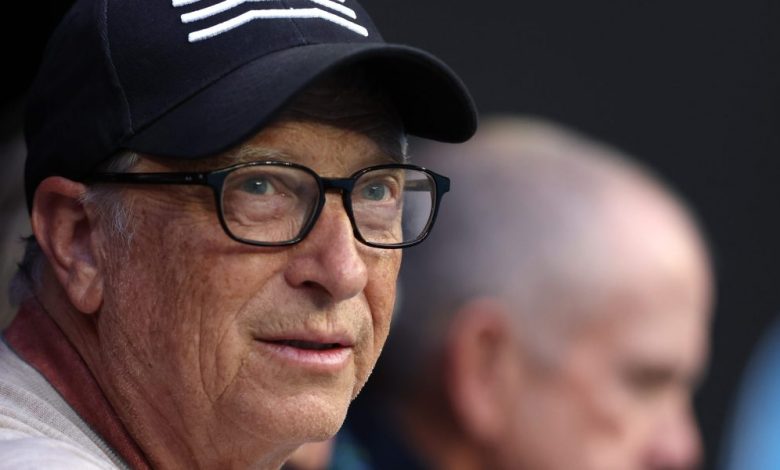Bill Gates says ChatGPT will ‘change our world’

For those still unconvinced that OpenAI’s ChatGPT heralds a major innovation in artificial intelligence, take it from the man who started the home computing revolution 50 years ago.
The successful launch of ChatGPT in November has prompted big tech, including Google and Microsoft, to accelerate their AI research and product rollouts. This week, Google released its own AI-powered search engine called Bard for testers, while Microsoft announced a new version of its own search engine, Bing, to be powered by an upcoming large language model similar to ChatGPT and also developed by OpenAI.
The technology behind ChatGPT, which enables the chatbot to provide detailed information and write about complex topics, could pave the way for major changes in search engines and in-office apps, and help with everyday tasks.
But the wide range of uses of ChatGPT also makes people concerned about their jobs. The chatbot can write, compose and solve problems in seconds in response to a prompt. While not always accurate, it makes technical writers, data analysts, and programmers nervous about their future.
However, according to Bill Gates, the Microsoft co-founder and tech investor, ChatGPT is not yet a risk to our existence.
“So far, artificial intelligence has been able to read and write, but not understand the content,” Gates said in a podcast interview with Handelsblatt.
ChatGPT, he said, has shown us what AI is capable of and its impact on the workplace will be extremely positive. “This is going to change the world,” Gates said.
Gates added that while AI still makes big mistakes, it could still improve office work by improving employee efficiency and productivity. “We find ourselves with a tool that can make even office jobs far more efficient—billing, checking medical claims, or, you know, writing letters. Reading and writing are now among the capabilities of the AI and that will have a very broad impact,” he said.
Gates continued, “Think of the time doctors spend on paperwork; that we should get rid of. Think of doctors who don’t know the latest article that maybe they should know; that we can help with.”
Gates admitted he was “biased” in favor of AI because he continued to do consulting work for Microsoft after stepping down as CEO in 2000. After Microsoft announced a $10 billion investment in OpenAI last month, Microsoft is working closely with the startup to develop artificial intelligence products, particularly search. The terms of the investment effectively give Microsoft control of OpenAI’s finances until the company starts making a profit and is able to repay the original investment plus interest.
Microsoft is preparing to add its ChatGPT-like AI to its Office products, including Word, Outlook and PowerPoint. Features to be unveiled in the coming weeks will reportedly include the use of AI to suggest email replies and improve writing, accelerating new developments as competitor Google also launches its AI products begins.
Another way ChatGPT and similar chatbots can improve the workplace is for an AI to participate in a company meeting, where it can bring in relevant or recently revealed information in real time, Gates said. He added that AI will continue to disrupt the workplace as technology improves over time.
“The advances over the next few years to make these things even better will be profound,” he said.
Learn how to navigate and build trust in your organization with The Trust Factor, a weekly newsletter exploring what leaders need to succeed. Login here.



